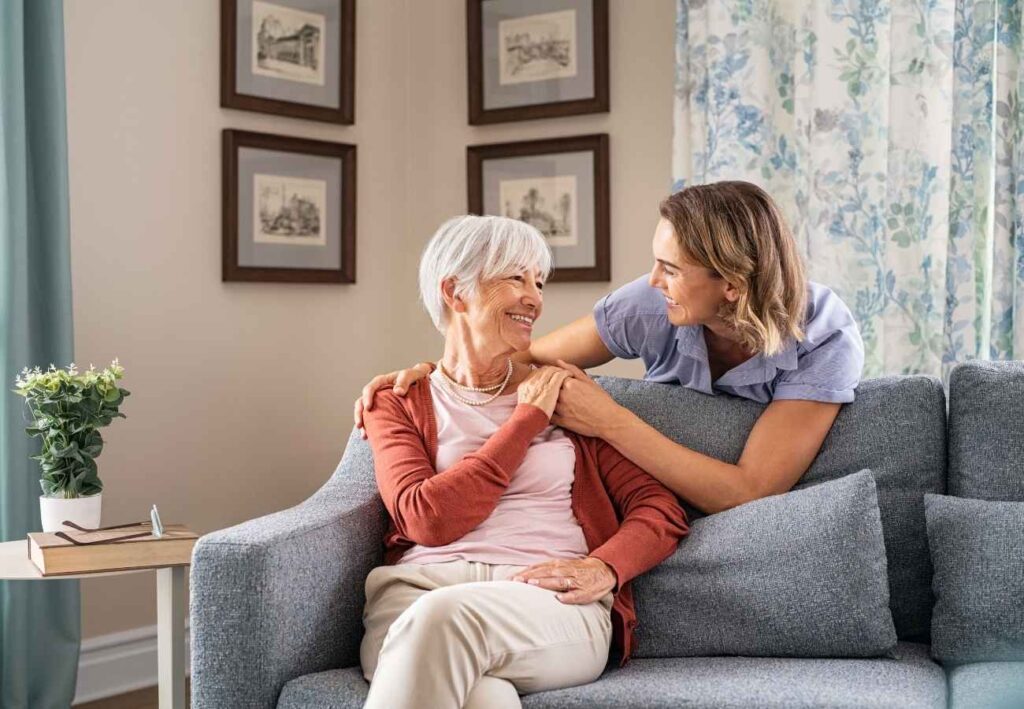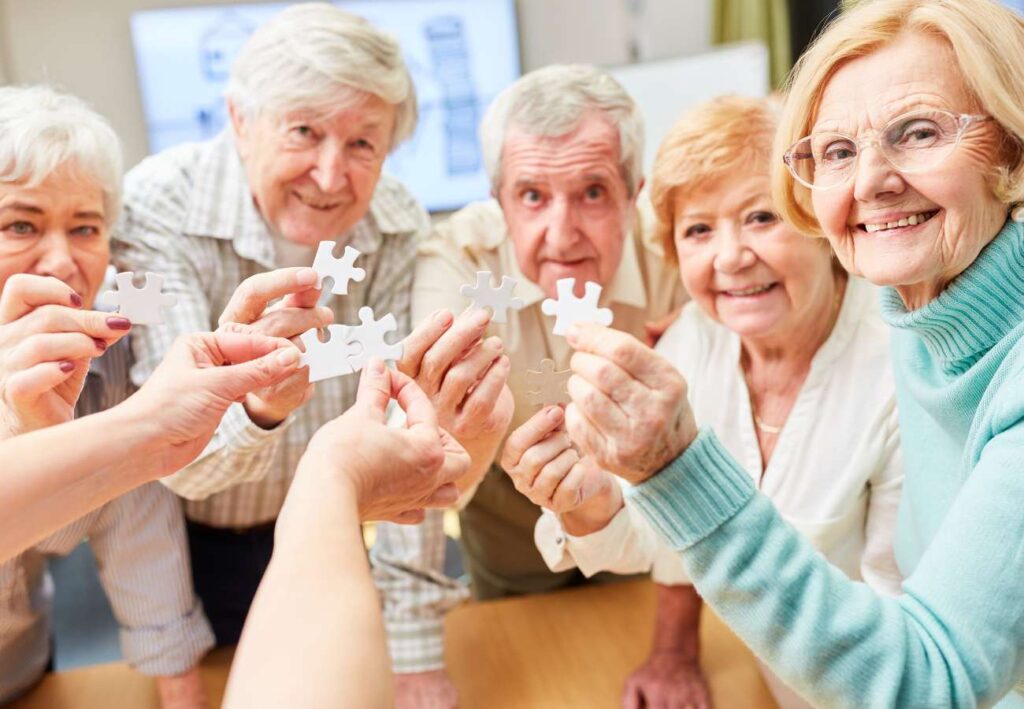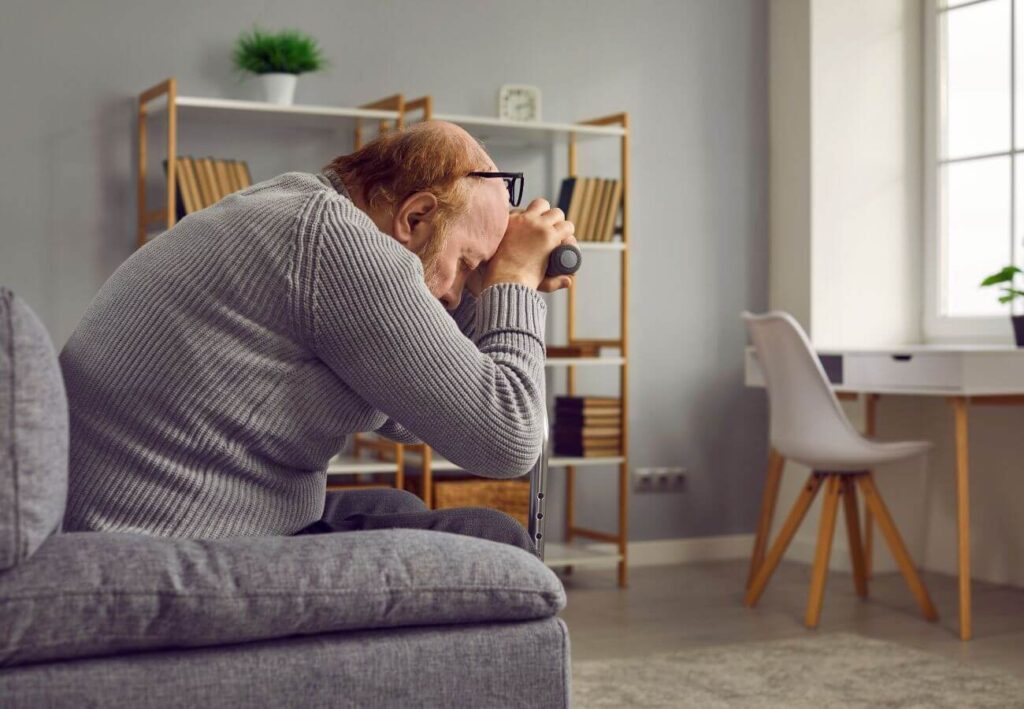The Impact of Regular Exercise on Senior Health & Well-being
Introduction
In the serene community of Fortuna, where every sunrise brings a promise of tranquility, the well-being of seniors takes centre stage. One of the cornerstones of ensuring a fulfilling and healthy life for seniors is regular exercise. In this comprehensive guide, we’ll explore the profound impact of consistent physical activity on senior health and well-being, emphasizing the importance of incorporating exercise routines into the daily lives of our beloved elders.
Understanding the Significance of Regular Exercise for Seniors
1. Physical Health Benefits:
- Issue: Seniors often face challenges like reduced mobility and joint pain. These challenges can impact their ability to maintain an active lifestyle and perform daily tasks independently. For example, seniors may struggle with activities like walking long distances or climbing stairs due to their reduced mobility. Joint pain can also make it difficult for them to engage in exercises or hobbies that they once enjoyed.
- Solution: Regular exercise improves flexibility, strengthens muscles, and enhances cardiovascular health, mitigating common physical ailments. In case of senior health, regular exercise can also help improve balance and coordination, reducing the risk of falls and injuries. Additionally, it can improve cognitive function and overall mood, promoting a better quality of life in older adults.
2. Mental Well-being:
- Issue: Cognitive decline and mental health issues can affect seniors. For example, seniors with Alzheimer’s disease may experience memory loss and confusion, while those with depression may exhibit symptoms such as social withdrawal and lack of interest in activities they once enjoyed.
- Solution: Exercise stimulates the release of endorphins, promoting a positive mood and reducing the risk of cognitive decline. For senior mental health, exercise is essential for maintaining cognitive function, improving memory, and reducing the risk of developing conditions such as dementia. Additionally, regular physical activity can also help seniors maintain their independence and overall quality of life as they age.
3. Social Engagement:
- Issue: Seniors may experience isolation and loneliness. This can be due to factors such as retirement, loss of friends or family members, or physical limitations that prevent them from socializing. Seniors need to stay connected with others and engage in activities that bring them joy and companionship to combat these feelings of isolation.
- Solution: Group exercise classes or outdoor activities foster social connections, reducing feelings of loneliness and enhancing overall well-being.In elder care homes, group exercise classes or outdoor activities can provide residents with opportunities to engage with their peers, build relationships, and improve their physical and mental health. These activities can also create a sense of community and belonging among residents, leading to increased happiness and quality of life in the elder care home setting.
Tailoring Exercises for Senior Needs
1. Low-Impact Activities:
- Consideration: Seniors may have joint issues or other physical limitations. It is important to consider these limitations when planning physical activities or exercises for seniors. Modifications can be made to ensure their safety and comfort while still promoting physical health and well-being. For example, low-impact exercises like swimming or yoga can be beneficial for seniors with joint issues. Additionally, working with a physical therapist or certified trainer can help tailor a fitness plan to individual needs and abilities.
- Solution: Encourage activities like walking, swimming, or tai chi, which are gentle on joints while providing significant health benefits. These low-impact exercises can help improve flexibility, strengthen muscles, and reduce the risk of chronic diseases such as heart disease and diabetes. It’s important to consult with a healthcare provider before starting any new exercise routine, especially if you have existing health conditions.
2. Customized Exercise Programs:
- Consideration: Each senior has unique health considerations. For example, one senior may have arthritis and require physical therapy, while another may have diabetes and need to monitor their blood sugar levels closely. Healthcare providers need to tailor their care plans to each individual’s specific needs to ensure optimal health outcomes.
- Solution: Tailor exercise programs to individual needs, considering factors like existing health conditions and fitness levels. By personalizing exercise programs, individuals can maximize results and minimize the risk of injury. This approach also ensures that participants stay motivated and engaged in their fitness journey. Especially for senior health, it is important to focus on low-impact exercises that improve balance and flexibility, helping to prevent falls and maintain independence. Incorporating strength training can also help seniors build muscle mass and increase bone density, promoting overall health and well-being.
Incorporating Exercise into Senior Care Facilities
1. Structured Exercise Classes:
- Tip: Senior care facilities can provide organized exercise classes. These classes are tailored to the needs and abilities of older adults, helping them stay active and maintain their physical health. Additionally, exercise classes can also provide social interaction and a sense of community for seniors living in these facilities. This social aspect can help combat feelings of loneliness and isolation that are common among older adults. Overall, participating in exercise classes at senior care facilities can greatly benefit both the physical and mental well-being of residents.
- Benefit: Structured classes offer a safe and supervised environment for seniors to engage in physical activity. This can help improve balance, strength, and overall health while reducing the risk of injury. Additionally, social interaction with peers can provide emotional support and motivation for maintaining a regular exercise routine.
2. Outdoor Activities:
- Tip: Take advantage of Fortuna’s natural beauty for outdoor exercises. For senior health, it’s advisable to participate in activities such as walking, hiking, or yoga in the scenic surroundings of Fortuna. In elder care homes, residents can benefit from organized group outings to local parks or nature trails for safe and enjoyable physical activity.
- Benefit: Exposure to nature enhances the overall experience and encourages seniors to embrace outdoor activities. This can lead to improved physical health, increased socialization, and a greater sense of well-being. Additionally, spending time in nature has been shown to reduce stress and anxiety levels in older adults. It also provides opportunities for cognitive stimulation and mental relaxation, which can contribute to a better quality of life for seniors. Overall, incorporating nature into senior activities can have numerous benefits for their physical, mental, and emotional well-being.
The Role of Caregivers in Facilitating Exercise
1. Encouragement and Motivation:
- Tip: Caregivers play a crucial role in motivating seniors to exercise. They provide support, encouragement, and guidance to help seniors stay active and maintain their physical health. Additionally, caregivers can help seniors set realistic goals and create a personalized exercise plan that fits their needs and abilities.
- Benefit: Positive encouragement fosters a sense of accomplishment and boosts seniors’ confidence in their ability to stay active. This can lead to improved physical and mental well-being, as well as a greater sense of independence and overall quality of life. Additionally, providing seniors with opportunities for social interaction and support can further enhance their motivation to engage in physical activity.
2. Safety First:
- Tip: Prioritize safety when planning exercise routines. Caregivers of elder care homes should ensure that exercises are appropriate for the resident’s abilities and medical conditions. It is important to have a qualified professional oversee the exercise program to prevent injuries and promote overall well-being.
- Benefit: Ensuring a safe environment minimizes the risk of accidents or injuries during physical activity. In elder care homes, this is especially important as residents may have mobility issues or other health concerns that make them more susceptible to accidents. Implementing safety protocols and regular monitoring can help prevent falls and other incidents that could result in harm to the residents.
Conclusion: Embracing Active Aging in Fortuna
In conclusion, the impact of regular exercise on senior health and well-being is profound, offering a holistic approach to active ageing in Fortuna. By recognizing the unique needs of seniors and tailoring exercise routines to individual capacities, we can create environments that promote physical, mental, and social well-being. Whether within the supportive walls of elder care homes or in the peaceful outdoor settings of Fortuna, integrating regular exercise into the lives of seniors is a key factor in ensuring their continued health, happiness, and fulfilment. As caregivers, family members, and community members, let us champion the cause of active ageing, fostering a culture where every senior has the opportunity to thrive through the transformative power of regular exercise.
Share this article to:
You May Also Like
What to Expect from a Quality Elder Care Home Fortuna
When the time comes to choose the right elder care home for a loved one, families often…
Enriching Activities at Elder Care Home in Fortuna
Creating Joyful Days Through Meaningful Engagement At First Choice Care Home Fortuna, we believe that elderly care…
Early Intervention for Memory Loss in Elderly Care Fortuna
Recognizing the Importance of Early Action in Memory Decline Memory loss is a common concern among families…



